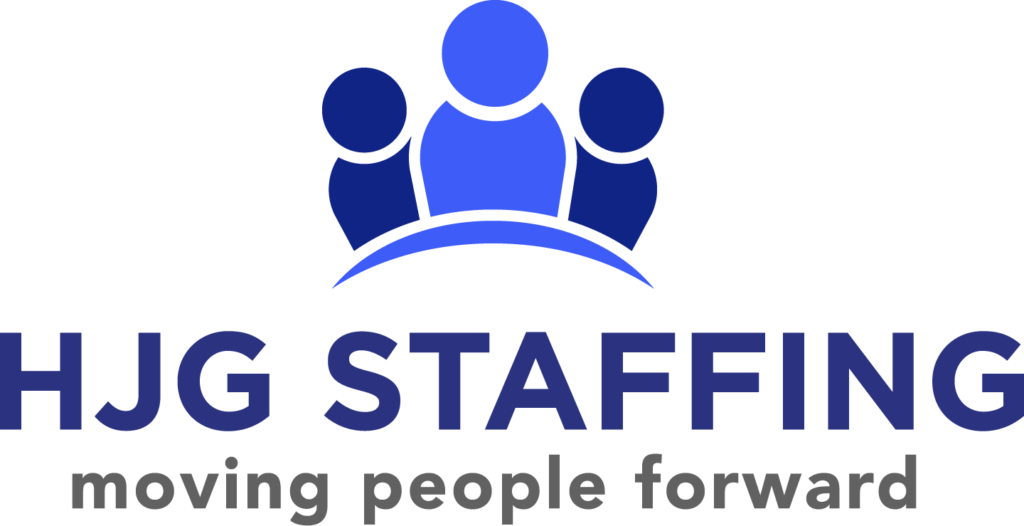A sense of accomplishment, productivity and motivation, elevating self-esteem. However, sometimes completing the smallest task, whether for work, school or everyday life feels exhausting. We often try to tackle big tasks at once or multi-task on several smaller things. Busy culture is often glorified in America, leading to a mentality that cramming as much as possible into a single day is the way to be successful. According to The Recovery Village, 77 percent of people in America experience stress that affects their physical health, and 73 percent of people
have stress that impacts their mental health. So, how can we accomplish our goals, while still practicing self-care? Today, we will explore 6 ways to do just that.

First and foremost, make a list. It might seem simple or even juvenile, but there’s a reason for planners and to-do lists. Aside from keeping our plans and tasks organized, they serve as a reminder for what needs to be accomplished. They also help break down tasks into smaller steps. A main reason for making a list is getting specific about your goals. Writing down the task alone makes you 42% more likely to achieve them (Management30.com), but adding specific steps on how you can get there is even better.
Goal: Clean the Attic Steps:
1. Clean attic by end of the month
2. Purchase trash bags, cleaning supplies, and bins for storage 3. Week 1: Sort through items to throw away & donate
4. Week 2: Sort through items to keep
5. Week 3: Deep clean
Seeing steps written or typed makes the task feel much more manageable. Like many, Stephanie has been working from home during the pandemic. She struggled to separate her work life from her home life. She noticed chores piling, and it began to stress her out. Stephanie decided to take action. She printed a cleaning/organizing chart that broke down steps each day.
Instead of trying to tackle everything at once, this list helped her fulfill all her goals by simplifying the tasks.

Next, focus on baby steps. As the famous saying goes, “Rome wasn’t built in a day.” When tasks seem impossible, scary or overwhelming, it’s typically because we either haven’t broken them down and/or we’re trying to do too much at one time. It’s absolutely okay to start small. It’s like trying to become a professional at anything without practicing first. If your goal is to run 10 miles but you haven’t been exercising for a while, it might be unproductive and possibly dangerous to attempt 10 miles the first try.
The same goes for everything else. If running 10 miles feels overwhelming, that doesn’t mean your end-goal needs to change; it means your means of getting there needs to change. Maybe you start by getting used to stretching and walking, then stretching and walking with some running, and on and on until running 10 miles is achieved. Often, it is less anxiety-inducing to take baby steps every day rather than climbing the entire mountain at once.

Have you ever found yourself multi-tasking? Sometimes, we want to get everything done so badly that we focus our attention on multiple things at once. It could be attempting to send an email while talking on the phone, eating lunch while writing thank-you cards and anything and everything in between. Mastering the art of focus can be difficult. We live in a day and age where information is constantly discovered and accessible, making attention spans shorter and
provoking the temptation to dive into many tasks at once. That’s why it’s so important to give 100% to a single task at a time.
But this is much easier said than done, right? Practicing mindfulness is an effective way to help. If your attention shifts from what you’re doing, eventually, you will realize it. The more you monitor the thoughts and daydreams of your mind, the more you will be able to gently shift your mind back to the present. Giving 100% doesn’t mean your mind won’t shift focus, it means that you’re trying your best to redirect focus on one task. It is common for the mind to shift but practicing awareness of this shift will help you focus on a single task at a time. It is important to be patient, because it is a practice after all.

Next up, don’t be afraid to ask for help. For some, this is also easier said than done. Many people fear asking for help, worried they might be seen as incompetent or sometimes because they want to make sure they’re accomplishing their fair share. There are many reasons for this, but the bottom-line is that asking for help is perfectly okay. In the workplace, each person is part of a team, offering their own skillset and expertise. If you find yourself stumped or at a standstill, someone on your team might be able to help you. Furthermore, this promotes open communication and mutual respect.

Next, practice positive self-talk. Be encouraging with yourself. Celebrate your wins, big and small. Quickly tell yourself “good job!” in your head when finishing tasks. Mistakes are inevitable in life, but beating yourself up is not an effective or constructive way to cope. Remember to give yourself grace and remind yourself that you will try again and try your best. Our best is different every day, and we are currently living through a pandemic. The least you can do is encourage and support yourself.
At first, it might feel weird, even cheesy. However, at the end of the day, you are stuck with yourself. According to an article posted by NPR, “Studies show that [an] internal sense of oneself is a powerful thing. Research on what neurologists call motor imagery indicates that the same neurological networks are both to imagine movement and to actually. move. And imagining a movement over and over can have the same effect on our brains as practicing it physically — as well as lead to similar improvements in performance.” Ultimately, how you speak to yourself matters and even has the chance to change your life.

Finally take breaks. Your body and mind need rest to recharge. More motivation can be directly identified as the result of a restful sleep. If you need to rest, allow yourself to do so. Small breaks throughout the day end up increasing your productivity. Stepping away from a project or task and revisiting it after you’ve eaten, breathed fresh air, or stretched for a while will help you see the task differently once you circle back to it. If we want to feel motivated and complete tasks, we must rest first to have the energy to do so. When your body or mind need a break, they will tell you. Listen for and observe the cues. Hunger sounds, creative block and tensing of muscles are all signs that it might be a good idea to take a break and rest, even if just for a moment.

Life can be overwhelming. Day-to-day tasks can easily pile up, while big projects loom in the distance. The good news is, breaking down these tasks will help ease your mind. Make a list specifying your goals, take small steps, encourage yourself, and give yourself the rest and rejuvenation you deserve. Your body, mind will thank you for it, and your motivation will be restored.



